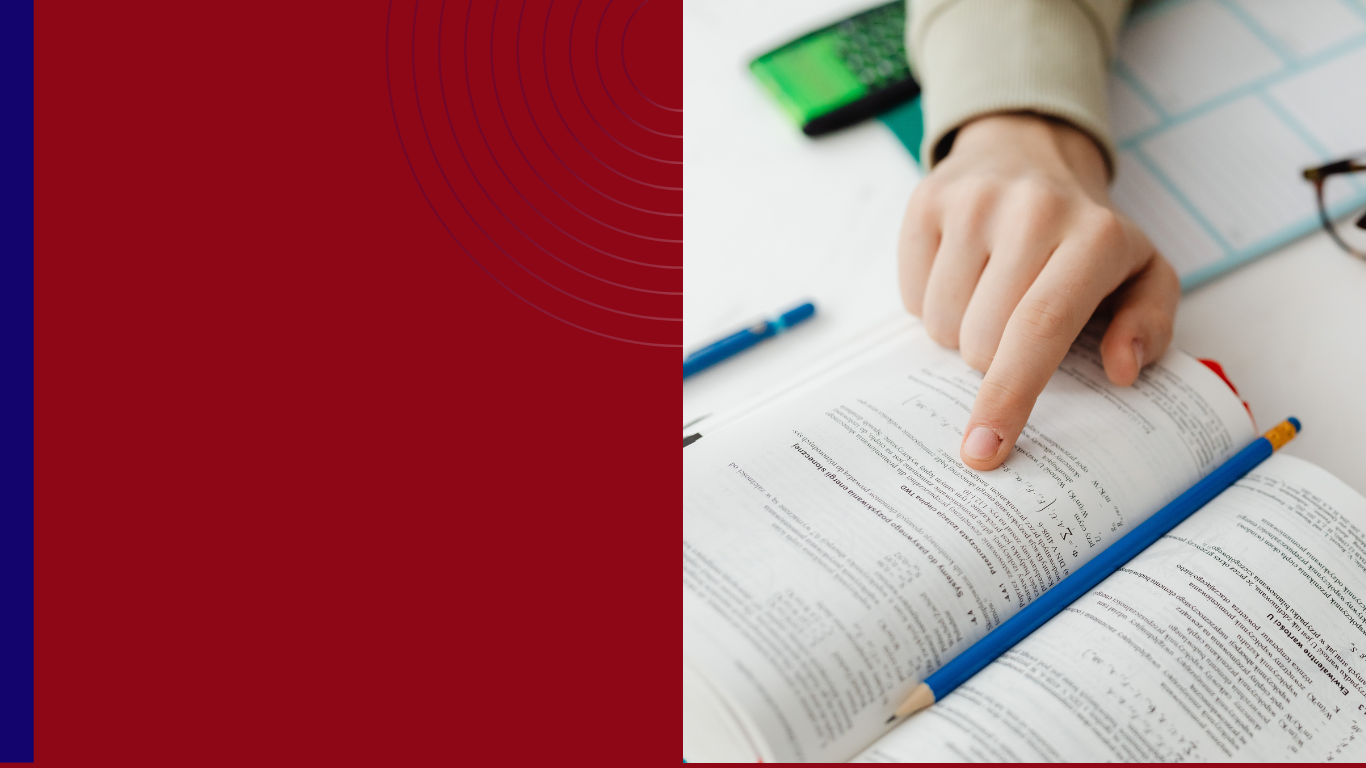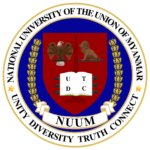
Inclusive education & leadership
about The program
Inclusive Education and Leadership Program is designed to prepare students gain a better understanding of the philosophy of education and its practical importance in the society.
Nine courses are currently offered under this program, and the students will have the opportunity choose the courses they believe are most appropriate with their academic and career objectives.
Our Courses
Inclusive Education and Leadership Program is designed to help students gain a better understanding of education.
Nine courses will be offered in this program, and learners can choose at least four courses.
This course will introduce you to the mother tongue-based education (MTBE) from a comparative perspective. You will study the historical and contemporary situation of education of non-majority languages at different levels: global to national (and state/regional levels in Myanmar). The course will give you the foundational knowledge and skills needed to advocate for MTBE and design MTBE models for different ethnic groups.
This course will teach students about the fundamental concepts of education policy and educational leadership in different cultures. It covers Human Capital, Citizenship and Social Justice that are needed to consider in developing and implementing education policy and many approaches of leadership based on Organizational Culture, Diverse Cultures as well as teacher appraisal in Diverse Setting. The course will also look at issues of Myanmar’s education policy and leadership in current situation and also compare to those of ASEAN countries. The course structure includes lectures, classroom discussions, student presentations and course reflection.
This course will provide students with an introduction to the field of philosophy of education, as a branch of philosophy. The topics covered will include basic ideas of what is philosophy and what is education, some of the major traditions in educational philosophy, major groundbreaking ideas about education, and values and moral purposes of education. The focus of the course is to understand and discuss ideas of education as both educator and learner, approach the idea of education critically as a member of society and a human being, rather than memorizing the history or the facts. This course will provide an opportunity to learn basic and different ideas about education, question and critically think of what is education, and appreciate philosophizing education. The course structure includes lectures, student presentations, classroom discussions, and assignments.
This course will provide you with an introduction to the field of educational psychology. The topics will cover the study of how people learn, including teaching methods, instructional processes, and individual differences in learning. The goal is to understand how people learn and retain new information. This course will provide an opportunity to learn basic and different ideas about education question and critically think of what is educational psychology and also educational assessment and how to apply it. The course structure includes lectures, student presentations, classroom discussions, and seminar discussions.
The course will provide the students with knowledge, theories and concepts to prepare to be a teaching professional. Students will learn educational pedagogies and practices through lectures, group work, presentation, case studies and interactive discussions. In addition, the students will learn educational trends, teaching related concepts, child psychology and learning development, the 21st century skills and cross-cutting themes for professional development
This course is designated to provide an introduction to the field of Education Sociology: distinct sub-discipline of Sociology and Education. In this course, students will learn about the application of sociological findings on Education. It includes classical and modern theoretical approaches to Sociology of Education. It examines what social factors, social interactions and how social institutions impacts on Education. It also focuses on how Education socializes the individuals in the system and the transformation and improvement of education systems. This course covers on equality and opportunity attainment with respect to education through different social, gender, ethnic and racial factors. It also provides an exploration on social order, role and functions expected in school as a social institution.
This course provides an overview of the field of comparative education. In this course, students will learn about the major concepts and current trends in comparative and transnational education. It includes how historical, geographic, economic, social, political and cultural forces impact educational systems. It also focuses on what concepts of culture, social class and gender correlate to transnational educational experiences. Specific topics include the economic of education; teacher preparation and status in the community; curriculum and pedagogy. The course will also look at the role of religion and colonization in defining systems, curricula and values.
Welcome to the Leadership and Management course. This course is a 3-credit hours course that is structured to introduce the concepts of leadership and management. Its purpose is to help the students to understand the fundamental concepts, functions and processes of management that are necessary to achieve the organization goal. In addition, the concepts of leadership, theories and principles of leadership, the power of a leader and how the leaders manage conflict and change in organizations especially in the education sector will be covered through the course. The students will have to learn and study the cases concerned with the leadership and management in educational organizations.
This course will provide you with an introduction to the field of Education and Leadership. The course comprise of the following components:
- Introduction to Special Education
- Understanding child development and disabilities
- ABA Theory and Components with Cognitive Skills and Visuospatial Techniques
- Creative Learning and Special Education
- Inclusive Education Systems and Behavioural Implications
- Intervention Strategies.Best Practices and Independence.
This course will provide an opportunity to learn international and local concepts of “Everyone has equality to access education. No one should be left out from the classroom.” that correspond to the lectures. This course aims to educate teachers, parents, and caregivers about what special education is and to found communities for special needs students, to support learners with learning disabilities, and physical disabilities and to create a culture of integrating new and creative ways of teaching for these learners.
